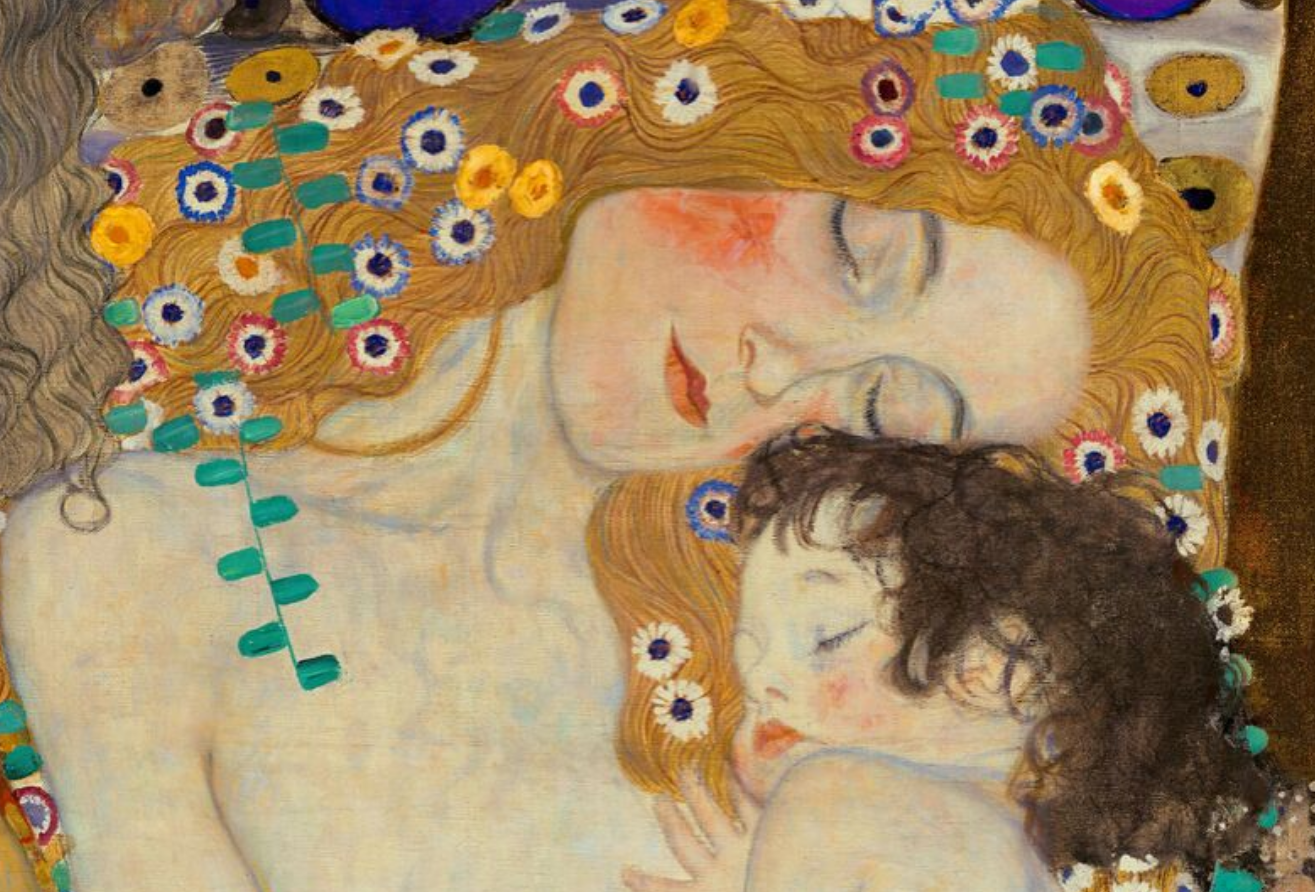I’ve been off for a while.
I was going through the transformative journey of motherhood, and I needed to take the time to truly live it. Just like everything else, I lived it through the eyes of a social scientist—examining society and its effects on human behavior and thought. This latest chapter has been captivating.
Here’s to motherhood: a fundamentally misunderstood journey.
Looking back now, I remember being surrounded by people who wanted to help but didn’t know how.
Motherhood is like 10,000 spoons when all you need is a knife.
Never before has life felt like such a beautiful gift. I was busy, tired, exhausted—but amazed at the beauty of Nature. I had never felt such a sense of transcendence, of metaphysical experience—of creation and rebirth. It was a whirlwind of psychophysiological processes.
I now belonged to a sorority of women who had lived this extraordinary, mind- and body-changing experience—within a society that is not built for it.
I have utmost respect for every mother out there, more than I could’ve imagined before.
Mothers are warriors of life.
The Numbers
Moms still carry most of the mental load.
They handle 71% of household tasks that require cognitive effort—60% more than fathers, who manage just 45%.
A recent study from Batch University analyzed over 3,000 households and found that women systematically take on most of the daily mental load, while dads overestimate their share and focus on episodic tasks like finances and home repairs.
Worth noting: moms still do 53% of those episodic tasks too, resulting in a duplication of effort.
Never before has society demanded so much from women: contributing to household tasks, parenting, the workforce, and maintaining a social life.
Different roles for moms and dads.
The term “leaky pipeline” refers to the progressive drop in women’s participation at various career stages.
Mothers take on 79% of daily tasks like cleaning and childcare—over twice as much as dads (37%)—which inevitably steals time from their careers. Dads, on the other hand, tend to focus on episodic tasks (65%) that don’t interfere with their continuous career progression.
Dads overestimate their share.
Parents often overestimate their contributions, but fathers do this more often. They’re also more likely to believe that household mental labor is equally shared—something mothers typically disagree with.
My Experience
I remember the first months as an emotional rollercoaster. A storm filled with love and hazy days, surrounded by people who wanted to help but didn’t know how.
Most of them, sadly, were women. Mothers, with the best intentions, trying to be supportive. Women who had been through motherhood and its struggles—feeling lost, disoriented, promoted into a role you can barely prepare for.
But many had been violated by the system:
The one advising me to stop breastfeeding had been forced to do so by her doctor so she could return to work.
The one giving me time-management tips had put her own life on hold, losing all form of financial independence.
Most were either burned out or too busy to even show up.
And I don’t blame them.
How could a woman ask for help from others who had never received it themselves?
With all the goodwill in the world, unsolicited advice hit like a rock and cut like a knife.
I didn’t need advice—I just needed to be seen, understood, and supported. But the people I asked for help had never received that themselves, and didn’t know how to offer it.
How could I tell them that, from where I stood, they had simply internalized the rules of a dysfunctional society—one that’s unfit for both mothers and their children?
Don’t get me wrong—they were all right in their own ways. I could have been more organized, or made different decisions about breastfeeding or sleep routines. But those were my choices, my priorities, my struggles.
What most people failed to do was listen, and validate my experience—and the sense of injustice I felt while trying to live up to the unrelenting standards the world had set.
Looking back, I realize I was lucky.
I had a supportive partner who listened and showed up. I had true friends who saw me, recognized me, and offered unconditional support. I had the ability to communicate with my environment—and a career that gave me the freedom to navigate time on my terms.
This only deepened my respect for all the others who didn’t have that. I am in awe of their efforts.
I only wish they would offer themselves the same admiration.
Combining Personal Experience With Research: How to Support a New Mom
Much of my career has focused on protecting and honoring vulnerability—starting with children. But to do that, we must first support their primary caregivers—mothers.
A new mom’s life changes in an instant.
Her body has changed so drastically that she often doesn’t recognize herself. She’s overstimulated, hormonal, running on sleep debt, with a tiny human entirely dependent on her. And while she’s navigating this storm, most people think the best way to help is by offering advice.
But advice is rarely what’s needed.
Here’s what you could do instead:
- Accompany her. When she’s doing “mom tasks,” walk with her. She’ll feel considered and included.
- Listen. Let her speak instead of telling her what to do. She’s listening to her baby 24/7. She probably hasn’t had a moment to process her own thoughts. Give her space. Ask what she needs—this helps her rediscover her own needs.
- Reassure her. Emotional problems don’t usually need fixing—they need holding.
- Welcome all emotions. Even though she’s no longer pregnant, her hormones are still in flux. Her body is still changing. Listen to the guilt, shame, fear, and anger. All are valid—and often exist alongside the love, joy, and gratitude.
- Don’t tell her to calm down when the baby cries. She’s biologically wired to react. Parenting can resurface childhood wounds that feel overwhelming. Create a safe nest for healing.
- Tell her she’s beautiful. Becoming a mom is incredible, but it comes at a cost. She gives up her body, pauses her career, loses her reference points, and grieves parts of her former self. Some call it “losing your pink.” Help her find it again in the little things.
- Do your research. One thing that struck me is how often people give advice on topics they don’t really understand. A huge part of the invisible load is researching every little thing. If you can do that, it saves her time and energy.
- If nothing else—just be there. Be receptive, open, observant. She will thank you. Humans are social creatures. Connection is calming. You don’t have to do—just be. And trust me, that’s more than enough.





